In a week already marred by scandal among Massachusetts Democratic lawmakers, federal authorities have now charged State Representative Chris Flanagan with embezzlement. The case, which alleges that Flanagan misappropriated approximately $36,000 from his former employer, has ignited a fierce debate over political ethics, campaign finance oversight, and the standards to which our public servants are held. As details of the indictment emerge—including allegations of fraudulently diverted funds used for campaign expenses, personal lifestyle upgrades, and even payments for “personal psychic services”—this scandal has become a symbol of a broader crisis in public accountability. In this comprehensive analysis, we delve into the case of Rep. Chris Flanagan, examine its broader context within Massachusetts politics, and explore the critical lessons it offers for upholding ethical conduct in government.
I. Introduction: An Unsettling Pattern in Massachusetts
A. A Week of Scandal and Ethical Breaches
In recent weeks, the Massachusetts political scene has been rocked by a series of controversies that have cast a long shadow on Democratic leadership in the state. The latest headline—federal charges against State Representative Chris Flanagan for the alleged embezzlement of $36,000—comes on the heels of similar incidents that have left voters questioning the moral integrity of public officials. Just this week, Boston City Councilor Tania Fernandes Anderson resigned after pleading guilty to charges related to a bribery scheme aimed at settling personal debt. Together, these incidents suggest that a crisis of accountability may be emerging within the state’s political establishment.
At a time when Massachusetts voters are increasingly demanding transparency and ethical behavior from their elected representatives, Flanagan’s case has heightened public scrutiny of campaign finance practices and internal oversight mechanisms. In a democracy that relies on the trust placed in public servants, allegations of misappropriation—whether large or small—can have outsized effects on the perception of government integrity.
B. The Stakes of Public Trust in Political Office
Public trust is the cornerstone of any successful democracy. When elected officials are believed to have violated that trust, it not only undermines confidence in those individuals but also erodes the legitimacy of the entire political system. For constituents, every dollar misappropriated represents more than just financial loss—it is a betrayal of the public’s faith that government funds are managed with honesty and care. In the case of Rep. Chris Flanagan, the accusation that he diverted funds intended to support public functions for his personal use has struck at the very heart of what it means to serve with integrity.
As voters look to their leaders for guidance and support, especially in times of economic and social uncertainty, cases like Flanagan’s serve as a powerful reminder that ethics in public office is non-negotiable. The ensuing investigation and potential legal proceedings are crucial not only for ensuring justice in this individual case but also for setting a precedent that reinforces the broader norms of accountability in our political system.
II. The Allegations Against Chris Flanagan
A. The Charges and the Misappropriated Funds
Federal authorities have charged State Representative Chris Flanagan, 37, with embezzling approximately $36,000 over a span of 14 months. According to the indictment issued by U.S. Attorney Leah Foley’s office, Flanagan diverted funds while serving as the executive officer of the Home Builders and Remodelers Association on Cape Cod. Prosecutors allege that these funds were misused for multiple purposes:
- Campaign Funding: A significant $10,000 was allegedly redirected to supplement Flanagan’s campaign expenses during a hotly contested 2023 reelection race. This diversion is seen as a clear violation of campaign finance laws designed to prevent personal gain from public service.
- Personal Expenditures: Flanagan is accused of using parts of the misappropriated funds to upgrade his lifestyle. Among the expenses listed in the indictment are purchases of new clothing, including ties and dress shirts, as well as household items like an electric dryer and an air conditioner.
- Extravagant Spending: In a detail that has captured public attention for its sheer unusualness, prosecutors also allege that Flanagan spent money on personal psychic services in July 2022. This claim, while seemingly bizarre, underscores the extent to which the funds were diverted for personal benefits unrelated to the public purpose for which they were meant.
The indictment paints a picture of calculated financial mismanagement, not as a one-off error but as part of a larger pattern of unethical behavior. When compared with his financial records—one instance showing his personal bank account with a balance of only $42.28 a month before a sudden influx of $10,000—the evidence suggests deliberate actions taken to cover personal expenses and boost campaign funds.
B. The Role of Dual Employment and Mounting Personal Debts
A critical element in understanding the context of the allegations is Flanagan’s role in two distinct, yet interconnected, spheres. As a state legislator, Flanagan earned a salary of over $97,000. Simultaneously, his position as the executive officer for the Home Builders and Remodelers Association provided him with an additional annual income of approximately $81,600. This dual employment situation may have contributed to a conflation of personal financial mismanagement with public responsibility.
Records indicate that Flanagan’s personal financial troubles were already evident as early as fall 2021, with mounting credit card debts, missed mortgage payments, and other financial liabilities. These pressures provided a potent incentive for him to divert funds from the association to cover personal expenses. When public officials with dual incomes face such challenges, it raises critical questions about the mechanisms in place to monitor their financial conduct and ensure that public funds are not misappropriated for personal benefit.
C. A Pattern Among Massachusetts Lawmakers
Flanagan’s case stands as the latest in a series of scandals involving Massachusetts lawmakers, highlighting a broader issue of ethical lapses within the state’s political system. Just the day before Flanagan’s indictment, Boston City Councilor Tania Fernandes Anderson—a trailblazing figure known for her inspirational journey from undocumented immigrant to elected official—pleaded guilty to bribery-related charges aimed at settling personal debt. Both cases underscore a troubling trend: when personal financial issues merge with the pressures of political campaigns, the consequences can be catastrophic for public trust.
This pattern of unethical conduct has significant implications. It suggests that there might be systemic weaknesses within the internal oversight mechanisms that govern campaign finance and personal accountability among public officials. The repeated occurrence of such incidents calls for a comprehensive reevaluation of the policies and controls in place to prevent financial mismanagement and to hold elected representatives to the highest standards of integrity.
III. The Investigation and Federal Response
A. The Role of U.S. Attorney Leah Foley’s Office
On Friday morning, U.S. Attorney Leah Foley’s office formally announced the charges against Rep. Chris Flanagan. In a press release, Foley described the misappropriation of funds as “an appalling breach of public trust,” emphasizing that the investigation meticulously traced the diverted money and uncovered evidence of forged expense reports. The federal indictment is built upon a series of documents, including internal communications and banking records, which collectively point to a deliberate pattern of financial wrongdoing.
Foley’s office has made it clear that the investigation is ongoing. Additional charges could emerge if further evidence suggests that Flanagan’s actions were part of a wider scheme of financial mismanagement extending beyond the current allegations. For federal prosecutors, the case is not only about recovering misused funds but also about sending a strong message that any use of public funds for personal or political gain will be subject to stringent legal repercussions.
B. Calls for Resignation and Accountability from State Leaders
The news of the indictment has prompted immediate reactions from Massachusetts state leaders. Prominent figures, including Governor Maura Healey, have publicly demanded that Flanagan resign from office. Such calls underscore the principle that any breach of ethical conduct—especially those involving the misappropriation of taxpayer dollars or campaign funds—must be met with swift and decisive action. The outrage is not confined to partisan lines; even some Republican lawmakers have urged that the House Ethics Committee be empowered to launch an investigation if Flanagan refuses to step down voluntarily.
These bipartisan calls for accountability reflect a broader consensus that public officials must be held to high ethical standards, particularly in a climate where voter trust is fragile. Failure to act decisively in cases of unethical behavior only serves to deepen public disillusionment with the political system.
C. The Wider Investigation: A Systemic Problem?
Flanagan is the second Massachusetts lawmaker to face federal charges in recent weeks. The emerging pattern of financial mismanagement raises questions about whether these incidents are isolated lapses or indicative of a broader systemic problem within the state’s political establishment. Some analysts are now calling for a comprehensive review of campaign finance practices and conflict-of-interest policies across Massachusetts state government.
By investigating not only individual cases but also the regulatory frameworks that allowed such misappropriations to occur, federal authorities and state oversight bodies hope to address any underlying vulnerabilities. This effort may eventually lead to significant reforms designed to enhance transparency and restore public trust in the management of campaign finances and public funds.
IV. Detailed Examination of Flanagan’s Misconduct
A. Timeline and Specific Allegations
The indictment details a series of actions spanning a 14‑month period beginning in the fall of 2021. During this period, as Flanagan’s personal financial difficulties escalated, he is alleged to have diverted a total of $36,000. The indictment breaks down the misappropriation into several categories:
- Campaign Funding: A key allegation is that $10,000 of the misappropriated funds was funneled directly into his campaign account during the 2023 reelection race. This transfer was purportedly disguised as a candidate loan—a claim undermined by subsequent evidence of forged expense reports.
- Personal Expenditures: Beyond the realm of his political campaign, Flanagan is accused of using the stolen money for a variety of personal expenses. These expenditures ranged from purchasing new clothing, such as ties and dress shirts, to paying off credit card debts and even, according to the indictment, funding “personal psychic services.”
- Covering Financial Gaps: Court documents show a striking contrast in Flanagan’s financial records, with one month’s bank account balance recorded at just $42.28 before an inexplicable influx of $10,000. This glaring discrepancy is used by prosecutors as concrete evidence of deliberate misappropriation.
B. Evidence from Banking Records and Forged Documents
Central to the indictment is the financial data that prosecutors have compiled, including detailed banking records that point to the misappropriation. The evidence suggests that Flanagan, in a calculated manner, exploited his dual roles to cover mounting debts and to finance his political ambitions. Forged expense reports further corroborate the allegations that he sought to conceal the true nature of the transactions. By attempting to reclassify the funds as reimbursements, Flanagan’s actions indicate a conscious effort to mislead both state campaign watchdogs and internal auditors.
C. Comparative Scandals and Patterns of Misconduct
Flanagan’s case is part of an emerging pattern in Massachusetts politics. Earlier in the same week, Boston City Councilor Tania Fernandes Anderson—known for her inspirational journey as the first former undocumented immigrant to serve on the council—pleaded guilty to bribery charges linked to personal financial mismanagement. While the specifics of each case differ, both instances reveal troubling lapses in ethical conduct that have far‑reaching implications. Observers note that such repeated incidents suggest that financial oversight mechanisms within the state may be failing to deter misconduct, highlighting the urgent need for systemic reform.
V. Political Fallout and the Call for Ethical Accountability
A. Immediate Reactions from State and National Leaders
News of Rep. Chris Flanagan’s indictment has elicited strong reactions from both Democrats and Republicans. Massachusetts Governor Maura Healey and other state officials have called for Flanagan to resign immediately, arguing that his actions have irreparably damaged public trust and tarnished the reputation of Massachusetts’ political leadership. Republican lawmakers, including House Minority Leader Brad Jones, have also expressed their discontent, emphasizing that ethical violations in public office cannot be tolerated regardless of political affiliation.
This bipartisan pressure underscores a central principle of democratic governance: accountability. When elected representatives are found to have misused public funds, they must be held responsible not only through legal proceedings but also through political consequences. The call for resignation is thus seen as both a moral imperative and a practical measure necessary for restoring public confidence in the system.
B. The Impact on the Democratic Party’s Reputation
For the Massachusetts Democratic Party, the Flanagan case adds to a growing list of ethical scandals that risk undermining voter confidence. In a time when trust in public institutions is already fragile, repeated incidents of financial misconduct can have a corrosive effect on the party’s image. Political strategists warn that failing to address these issues decisively could lead to long-term damage, alienating moderate voters and strengthening opposition narratives.
Party leaders face the daunting task of not only managing the fallout from such scandals but also implementing reforms that demonstrate a genuine commitment to ethical governance. This might involve bolstering internal oversight mechanisms, revising campaign finance protocols, and ensuring greater transparency in financial reporting. By taking these steps, the party hopes to regain the trust of voters and reset the public discourse around accountability.
C. Broader Implications for Democratic Governance
The scandal involving Rep. Flanagan is symptomatic of a larger issue within American politics—a system in which the pressures of high‑stakes campaigning and personal financial difficulties sometimes lead to ethically questionable behavior. When public officials divert funds meant for the public good into personal pockets, it not only violates the law but also undermines the foundational trust upon which representative democracy is built.
For policymakers, the broader implication is clear: there is a need for systemic reforms that tighten financial oversight and ensure that campaign funds are managed with integrity. The Flanagan case could serve as a catalyst for such reforms, prompting a nationwide reevaluation of how public officials are held accountable for financial misconduct. This, in turn, could lead to a more transparent and ethical political culture that strengthens the legitimacy of our democratic institutions.
VI. Legal Ramifications and Potential Future Court Challenges
A. The Scope of the Federal Indictment
The federal indictment against Rep. Chris Flanagan is a critical legal document that sets the stage for the ensuing court proceedings. It alleges that over the course of a 14‑month period, Flanagan engaged in deliberate actions designed to misappropriate funds totaling $36,000. This indictment is built on a foundation of robust evidence—including banking records, forged expense reports, and internal communications—that paints a detailed picture of financial mismanagement. U.S. Attorney Leah Foley’s office has made it clear that the charges are serious and represent a breach of public trust that cannot be overlooked.
B. Legal Defenses and the Road to Trial
Flanagan’s defense team is expected to argue that any discrepancies in financial reporting were the result of administrative errors, miscommunications, or benign misunderstandings rather than deliberate misconduct. They may assert that the misappropriations were unintentional or that the funds, although diverted, were used to address urgent campaign financial needs. However, legal experts are skeptical of these defenses given the stark evidence presented—particularly the extreme discrepancies in his personal bank records and the clear attempts to forge or manipulate financial documents.
Should the case proceed to trial, the legal proceedings will hinge on proving that Flanagan’s actions were intentional, fraudulent, and in violation of campaign finance laws. A successful prosecution could result in severe penalties—including fines and potentially prison time—and serve as a deterrent for similar misconduct in the future.
C. Broader Legal Precedents and Their Implications
The outcome of the Flanagan case is likely to set important legal precedents for future cases involving campaign finance violations and ethical breaches in public office. By establishing a clear legal framework under which misappropriation of funds is prosecuted, the case could prompt legislative or administrative changes designed to strengthen oversight and enforcement mechanisms. These precedents could reshape not only the Massachusetts political landscape but also influence national standards for campaign finance and ethical conduct in government.
VII. The Broader Debate: Balancing Accountability and Political Expression
A. The Dual Goals of Transparency and Fairness
At the heart of the Flanagan scandal lies a perennial challenge in democratic governance: how to ensure that public resources are managed with utmost integrity while also safeguarding the rights and freedoms of elected officials to engage in political expression. The balance between transparency and accountability is delicate. On one hand, the public deserves to know that those who hold office are managing funds appropriately; on the other, overly burdensome regulations could stifle the flexibility that is sometimes necessary to manage complex political campaigns.
Supporters of stringent oversight argue that any diversion of funds for personal gain, however small the sum, constitutes a breach of public trust that must be met with severe consequences. Critics, however, warn that if accountability measures are applied too harshly or politicized, they might discourage genuine public service or hinder the effective conduct of political campaigns. This tension is emblematic of a broader national debate about the role of government in regulating political finance and ensuring that democratic processes remain both robust and fair.
B. Political Rhetoric and Its Impact on Public Perception
The public’s perception of political ethics is deeply influenced by how stories of misconduct are framed by both the media and political leaders. In the case of Rep. Chris Flanagan, the narrative of misappropriated funds—coupled with details about extravagant personal expenditures—has ignited widespread public outrage. Social media platforms have become a battleground for debates over accountability and fairness, with hashtags and opinion pieces rapidly circulating across digital networks.
For many voters, incidents like this serve as stark reminders that ethical conduct in public office is not optional. They reinforce the demand for a political system that prioritizes the public good over personal enrichment, and they contribute to a growing pressure for systematic reforms that prevent such abuses in the future. The debate, therefore, is not just about one individual’s actions—it is a reflection of the broader expectations of a society that values transparency, trust, and the responsible use of public funds.
C. Cultural Shifts in the Standards of Public Service
Over the years, there has been a noticeable shift in the cultural norms governing public service. Where once certain administrative errors might have been seen as unfortunate but excusable, today’s environment is one where even minor lapses can trigger calls for resignation and legal action. This heightened scrutiny is a product of an era in which information is more accessible than ever and where voters are increasingly vigilant about holding their elected officials accountable.
The Flanagan case, alongside other recent scandals in Massachusetts, illustrates that high‑profile ethical breaches can have significant political and cultural ramifications. They contribute to an ongoing conversation about the values that should underpin public administration and the kinds of reforms needed to ensure that government remains a trusted institution. Ultimately, these cases push all stakeholders—lawmakers, regulators, and the public—to reflect on what it means to serve with honor and to manage public resources responsibly.
VIII. Moving Forward: Steps Toward Reform and Recovery
A. Legislative and Regulatory Reforms
In response to the Flanagan scandal, experts and political analysts are calling for comprehensive reforms to prevent future abuses. Potential steps include:
- Mandatory Public Reporting: Enhancing requirements for public disclosure of campaign finances, with regular independent audits, can ensure that all financial transactions are transparent and verifiable.
- Stricter Penalties: Implementing more severe consequences for financial misconduct would serve as a deterrent for unethical practices among public officials.
- Establishment of Independent Ethics Committees: Creating non‑partisan oversight bodies dedicated to monitoring campaign finances could provide an additional layer of accountability and ensure that any discrepancies are thoroughly investigated.
These measures aim not only to recover misappropriated funds but also to reform the system in such a way that it prevents future breaches of trust.
B. Strengthening Internal Oversight Mechanisms
Internal accountability is just as important as external oversight. Political parties and state governments must take proactive steps to ensure that their representatives adhere to ethical standards. This might include:
- Enhanced Financial Audits: Regular and rigorous audits of campaign accounts can catch discrepancies early, preventing them from growing into larger scandals.
- Ethics Training: Providing mandatory training on financial management and ethical conduct for all elected officials can help reinforce the importance of transparency and public accountability.
- Robust Reporting Frameworks: Establishing clear guidelines for financial reporting and ensuring that all funds are documented accurately will help protect against misappropriation.
By strengthening these internal mechanisms, governments can not only recover lost funds but also rebuild public trust—a critical component of effective democratic governance.
C. Rebuilding Trust in the Political System
Cases like the one involving Rep. Flanagan have a long-lasting impact on how citizens view their government. Rebuilding trust requires sustained, systemic changes that promote both transparency and accountability. This is not just about punishment, but about creating an environment where ethical behavior is the norm and where public resources are managed diligently in the service of the community.
Efforts to reform campaign finance practices, enhance internal oversight, and ensure robust external audits are essential components of this rebuilding process. By demonstrating that unethical conduct has real consequences and that reforms are in place to safeguard public funds, political leaders can gradually restore confidence in the system.
IX. Comparative Analysis: Learning from Past Scandals
A. Historical Precedents in Political Misconduct
Massachusetts has been no stranger to political scandals in the past. Historical cases of financial misconduct among elected officials have often led to sweeping reforms that strengthened oversight and improved ethical standards. Each time such a scandal has come to light, it has prompted a thorough reexamination of the systems that allow for financial mismanagement. Over the years, these precedents have led to the implementation of stricter financial reporting requirements, more frequent independent audits, and a cultural shift toward greater accountability in public office.
Comparing the Flanagan case with previous scandals allows policymakers to identify recurring weaknesses in the system and to take proactive measures to address them. The overarching lesson is clear: when ethical standards are compromised, public trust erodes, and systemic change is necessary.
B. The Role of Public Pressure and Media Scrutiny
Public opinion and media coverage play a crucial role in shaping the outcome of political scandals. Investigative journalism has long been a catalyst for reform—exposing wrongdoing, rallying public sentiment, and pressuring political leaders to implement changes. In the digital age, this effect is magnified by social media, where every document, photograph, and headline is disseminated widely, and every comment can spark further investigation.
The Flanagan scandal has already garnered significant media attention, with news outlets dissecting every aspect of the indictment and the underlying evidence. This intense scrutiny, combined with vocal public outcry on social media, has created an environment in which swift action is demanded. Public pressure, when aligned with judicious media reporting, forms a powerful force that can drive substantive legislative and regulatory changes.
C. A Blueprint for Future Accountability
If the reforms proposed in the wake of the Flanagan case are implemented successfully, they could serve as a blueprint for broader political accountability nationwide. Key components of this blueprint might include:
- Regular Financial Audits: Instituting periodic, independent audits of political campaigns to detect any discrepancies early and deter unethical behavior.
- Independent Oversight Committees: Creating bodies that function without partisan influence, tasked with monitoring campaign finances and investigating allegations of misconduct.
- Stricter Legislative Standards: Revising campaign finance laws to close loopholes and impose tougher penalties on those who breach ethical guidelines.
Such measures would not only help prevent similar scandals in the future but also strengthen the overall fabric of democratic governance. By making accountability a central part of political practice, the political system can better serve its constituents and maintain the integrity upon which public trust is built.
X. Conclusion: Rebuilding Trust Through Transparency and Reform
The indictment of Massachusetts State Representative Chris Flanagan for allegedly embezzling $36,000 is a stark reminder of the vulnerabilities in our political system. At its core, the case is about a breach of trust—an ethical lapse that has not only financial implications but also profound consequences for the democratic principles that underpin our society. In a week filled with scandals, Flanagan’s case stands out as a symbol of the urgent need to enforce higher ethical standards in public office, particularly in a state where accountability has already been called into question by recent controversies.





 Deprecated: strip_tags(): Passing null to parameter #1 ($string) of type string is deprecated in /home/u180473161/domains/jesus.tf/public_html/wp-content/plugins/td-composer/legacy/Newspaper/loop.php on line 65
Deprecated: strip_tags(): Passing null to parameter #1 ($string) of type string is deprecated in /home/u180473161/domains/jesus.tf/public_html/wp-content/plugins/td-composer/legacy/Newspaper/loop.php on line 65 Deprecated: strip_tags(): Passing null to parameter #1 ($string) of type string is deprecated in /home/u180473161/domains/jesus.tf/public_html/wp-content/plugins/td-composer/legacy/Newspaper/loop.php on line 65
Deprecated: strip_tags(): Passing null to parameter #1 ($string) of type string is deprecated in /home/u180473161/domains/jesus.tf/public_html/wp-content/plugins/td-composer/legacy/Newspaper/loop.php on line 65
 Deprecated: strip_tags(): Passing null to parameter #1 ($string) of type string is deprecated in /home/u180473161/domains/jesus.tf/public_html/wp-content/plugins/td-composer/legacy/Newspaper/loop.php on line 65
Deprecated: strip_tags(): Passing null to parameter #1 ($string) of type string is deprecated in /home/u180473161/domains/jesus.tf/public_html/wp-content/plugins/td-composer/legacy/Newspaper/loop.php on line 65

 Deprecated: strip_tags(): Passing null to parameter #1 ($string) of type string is deprecated in /home/u180473161/domains/jesus.tf/public_html/wp-content/plugins/td-composer/legacy/Newspaper/loop.php on line 65
Deprecated: strip_tags(): Passing null to parameter #1 ($string) of type string is deprecated in /home/u180473161/domains/jesus.tf/public_html/wp-content/plugins/td-composer/legacy/Newspaper/loop.php on line 65

 Deprecated: strip_tags(): Passing null to parameter #1 ($string) of type string is deprecated in /home/u180473161/domains/jesus.tf/public_html/wp-content/plugins/td-composer/legacy/Newspaper/loop.php on line 65
Deprecated: strip_tags(): Passing null to parameter #1 ($string) of type string is deprecated in /home/u180473161/domains/jesus.tf/public_html/wp-content/plugins/td-composer/legacy/Newspaper/loop.php on line 65



 Deprecated: strip_tags(): Passing null to parameter #1 ($string) of type string is deprecated in /home/u180473161/domains/jesus.tf/public_html/wp-content/plugins/td-composer/legacy/Newspaper/loop.php on line 65
Deprecated: strip_tags(): Passing null to parameter #1 ($string) of type string is deprecated in /home/u180473161/domains/jesus.tf/public_html/wp-content/plugins/td-composer/legacy/Newspaper/loop.php on line 65


 Deprecated: strip_tags(): Passing null to parameter #1 ($string) of type string is deprecated in /home/u180473161/domains/jesus.tf/public_html/wp-content/plugins/td-composer/legacy/Newspaper/loop.php on line 65
Deprecated: strip_tags(): Passing null to parameter #1 ($string) of type string is deprecated in /home/u180473161/domains/jesus.tf/public_html/wp-content/plugins/td-composer/legacy/Newspaper/loop.php on line 65
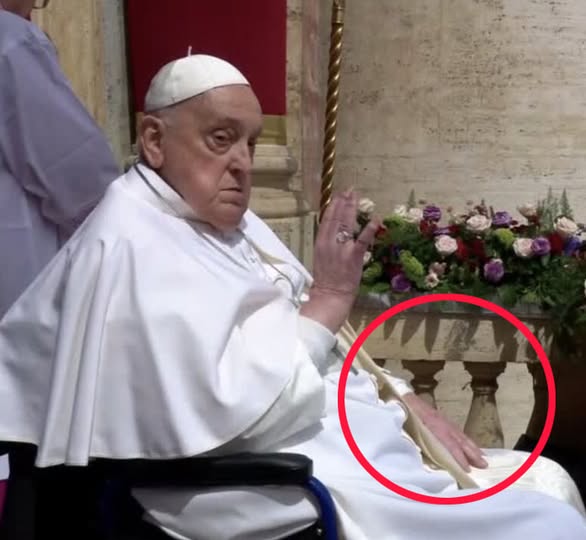 Deprecated: strip_tags(): Passing null to parameter #1 ($string) of type string is deprecated in /home/u180473161/domains/jesus.tf/public_html/wp-content/plugins/td-composer/legacy/Newspaper/loop.php on line 65
Deprecated: strip_tags(): Passing null to parameter #1 ($string) of type string is deprecated in /home/u180473161/domains/jesus.tf/public_html/wp-content/plugins/td-composer/legacy/Newspaper/loop.php on line 65
 Deprecated: strip_tags(): Passing null to parameter #1 ($string) of type string is deprecated in /home/u180473161/domains/jesus.tf/public_html/wp-content/plugins/td-composer/legacy/Newspaper/loop.php on line 65
Deprecated: strip_tags(): Passing null to parameter #1 ($string) of type string is deprecated in /home/u180473161/domains/jesus.tf/public_html/wp-content/plugins/td-composer/legacy/Newspaper/loop.php on line 65 Deprecated: strip_tags(): Passing null to parameter #1 ($string) of type string is deprecated in /home/u180473161/domains/jesus.tf/public_html/wp-content/plugins/td-composer/legacy/Newspaper/loop.php on line 65
Deprecated: strip_tags(): Passing null to parameter #1 ($string) of type string is deprecated in /home/u180473161/domains/jesus.tf/public_html/wp-content/plugins/td-composer/legacy/Newspaper/loop.php on line 65 Deprecated: strip_tags(): Passing null to parameter #1 ($string) of type string is deprecated in /home/u180473161/domains/jesus.tf/public_html/wp-content/plugins/td-composer/legacy/Newspaper/loop.php on line 65
Deprecated: strip_tags(): Passing null to parameter #1 ($string) of type string is deprecated in /home/u180473161/domains/jesus.tf/public_html/wp-content/plugins/td-composer/legacy/Newspaper/loop.php on line 65 Deprecated: strip_tags(): Passing null to parameter #1 ($string) of type string is deprecated in /home/u180473161/domains/jesus.tf/public_html/wp-content/plugins/td-composer/legacy/Newspaper/loop.php on line 65
Deprecated: strip_tags(): Passing null to parameter #1 ($string) of type string is deprecated in /home/u180473161/domains/jesus.tf/public_html/wp-content/plugins/td-composer/legacy/Newspaper/loop.php on line 65



 Deprecated: strip_tags(): Passing null to parameter #1 ($string) of type string is deprecated in /home/u180473161/domains/jesus.tf/public_html/wp-content/plugins/td-composer/legacy/Newspaper/loop.php on line 65
Deprecated: strip_tags(): Passing null to parameter #1 ($string) of type string is deprecated in /home/u180473161/domains/jesus.tf/public_html/wp-content/plugins/td-composer/legacy/Newspaper/loop.php on line 65


 Deprecated: strip_tags(): Passing null to parameter #1 ($string) of type string is deprecated in /home/u180473161/domains/jesus.tf/public_html/wp-content/plugins/td-composer/legacy/Newspaper/loop.php on line 65
Deprecated: strip_tags(): Passing null to parameter #1 ($string) of type string is deprecated in /home/u180473161/domains/jesus.tf/public_html/wp-content/plugins/td-composer/legacy/Newspaper/loop.php on line 65





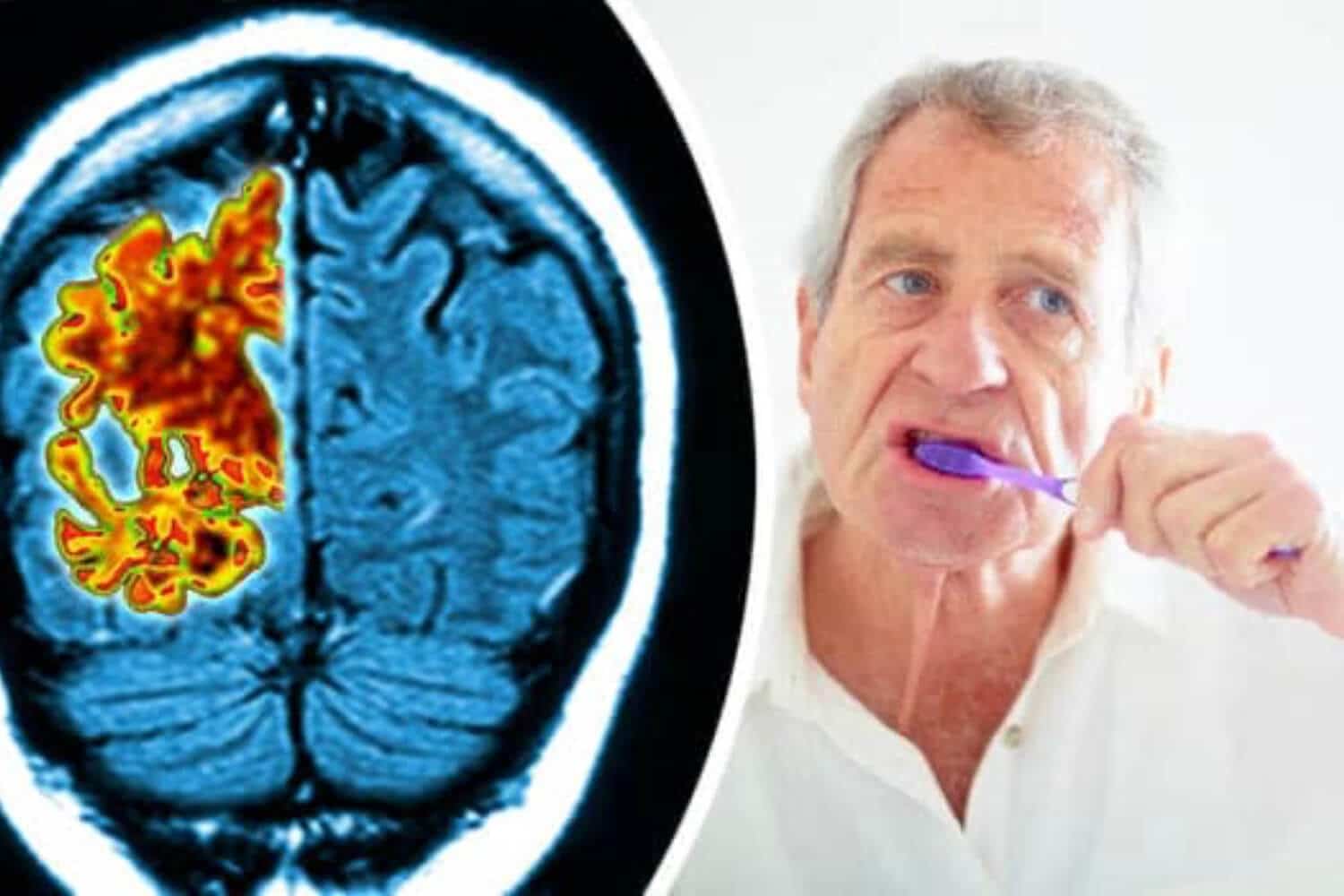
 Deprecated: strip_tags(): Passing null to parameter #1 ($string) of type string is deprecated in /home/u180473161/domains/jesus.tf/public_html/wp-content/plugins/td-composer/legacy/Newspaper/loop.php on line 65
Deprecated: strip_tags(): Passing null to parameter #1 ($string) of type string is deprecated in /home/u180473161/domains/jesus.tf/public_html/wp-content/plugins/td-composer/legacy/Newspaper/loop.php on line 65
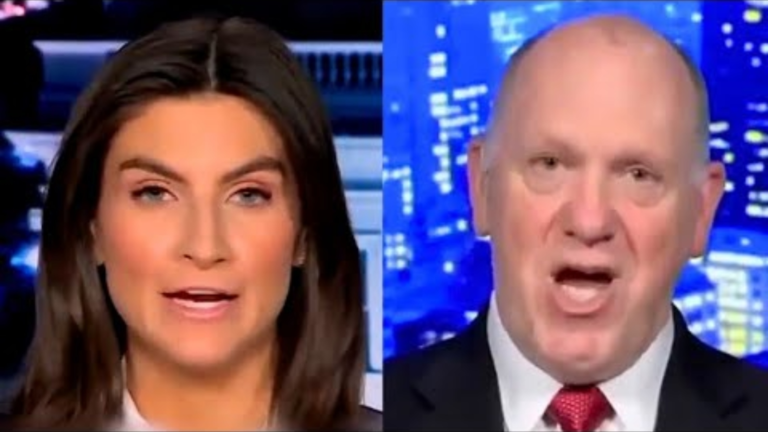 Deprecated: strip_tags(): Passing null to parameter #1 ($string) of type string is deprecated in /home/u180473161/domains/jesus.tf/public_html/wp-content/plugins/td-composer/legacy/Newspaper/loop.php on line 65
Deprecated: strip_tags(): Passing null to parameter #1 ($string) of type string is deprecated in /home/u180473161/domains/jesus.tf/public_html/wp-content/plugins/td-composer/legacy/Newspaper/loop.php on line 65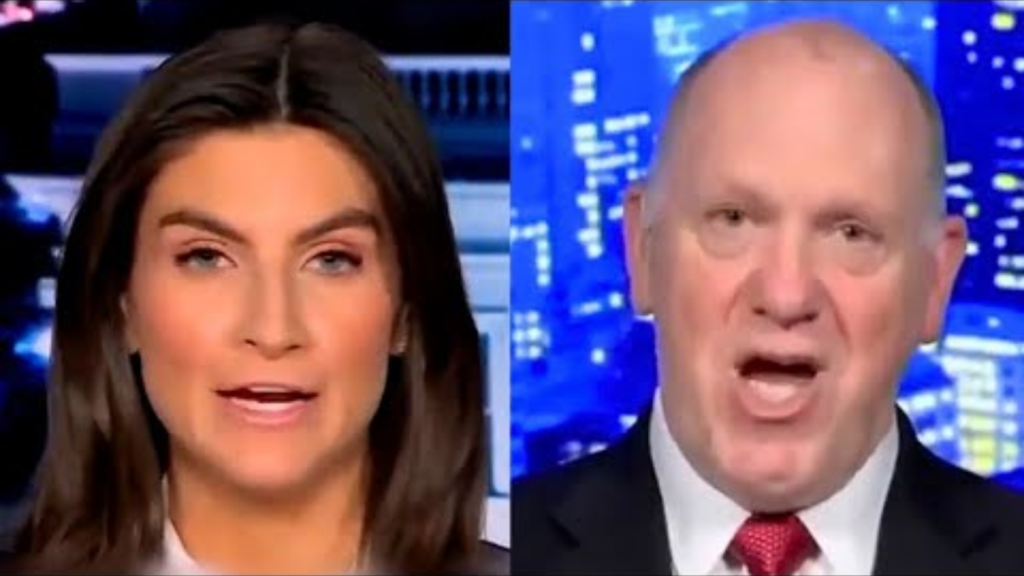
 Deprecated: strip_tags(): Passing null to parameter #1 ($string) of type string is deprecated in /home/u180473161/domains/jesus.tf/public_html/wp-content/plugins/td-composer/legacy/Newspaper/loop.php on line 65
Deprecated: strip_tags(): Passing null to parameter #1 ($string) of type string is deprecated in /home/u180473161/domains/jesus.tf/public_html/wp-content/plugins/td-composer/legacy/Newspaper/loop.php on line 65
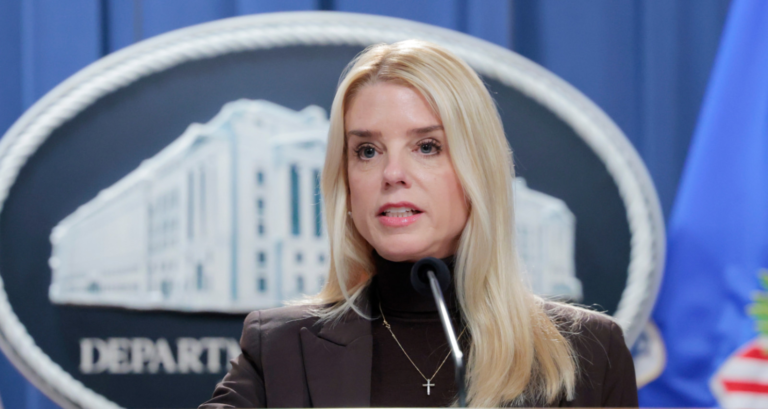 Deprecated: strip_tags(): Passing null to parameter #1 ($string) of type string is deprecated in /home/u180473161/domains/jesus.tf/public_html/wp-content/plugins/td-composer/legacy/Newspaper/loop.php on line 65
Deprecated: strip_tags(): Passing null to parameter #1 ($string) of type string is deprecated in /home/u180473161/domains/jesus.tf/public_html/wp-content/plugins/td-composer/legacy/Newspaper/loop.php on line 65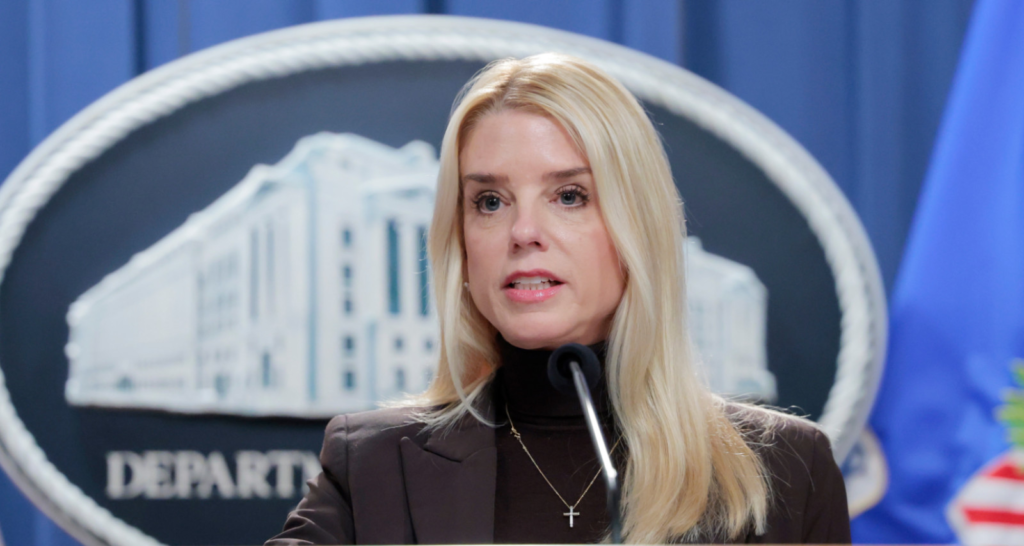
 Deprecated: strip_tags(): Passing null to parameter #1 ($string) of type string is deprecated in /home/u180473161/domains/jesus.tf/public_html/wp-content/plugins/td-composer/legacy/Newspaper/loop.php on line 65
Deprecated: strip_tags(): Passing null to parameter #1 ($string) of type string is deprecated in /home/u180473161/domains/jesus.tf/public_html/wp-content/plugins/td-composer/legacy/Newspaper/loop.php on line 65
 Deprecated: strip_tags(): Passing null to parameter #1 ($string) of type string is deprecated in /home/u180473161/domains/jesus.tf/public_html/wp-content/plugins/td-composer/legacy/Newspaper/loop.php on line 65
Deprecated: strip_tags(): Passing null to parameter #1 ($string) of type string is deprecated in /home/u180473161/domains/jesus.tf/public_html/wp-content/plugins/td-composer/legacy/Newspaper/loop.php on line 65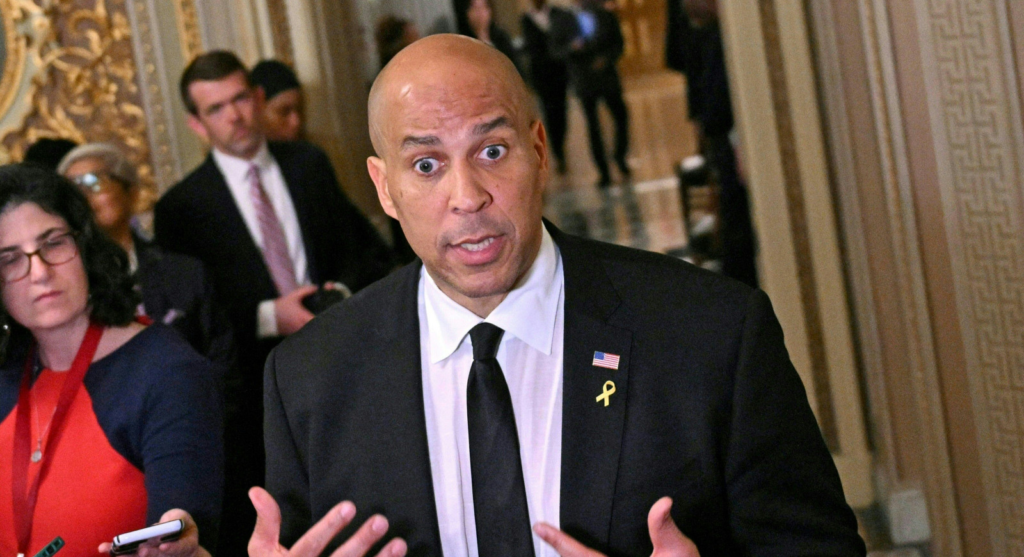
 Deprecated: strip_tags(): Passing null to parameter #1 ($string) of type string is deprecated in /home/u180473161/domains/jesus.tf/public_html/wp-content/plugins/td-composer/legacy/Newspaper/loop.php on line 65
Deprecated: strip_tags(): Passing null to parameter #1 ($string) of type string is deprecated in /home/u180473161/domains/jesus.tf/public_html/wp-content/plugins/td-composer/legacy/Newspaper/loop.php on line 65 Deprecated: strip_tags(): Passing null to parameter #1 ($string) of type string is deprecated in /home/u180473161/domains/jesus.tf/public_html/wp-content/plugins/td-composer/legacy/Newspaper/loop.php on line 65
Deprecated: strip_tags(): Passing null to parameter #1 ($string) of type string is deprecated in /home/u180473161/domains/jesus.tf/public_html/wp-content/plugins/td-composer/legacy/Newspaper/loop.php on line 65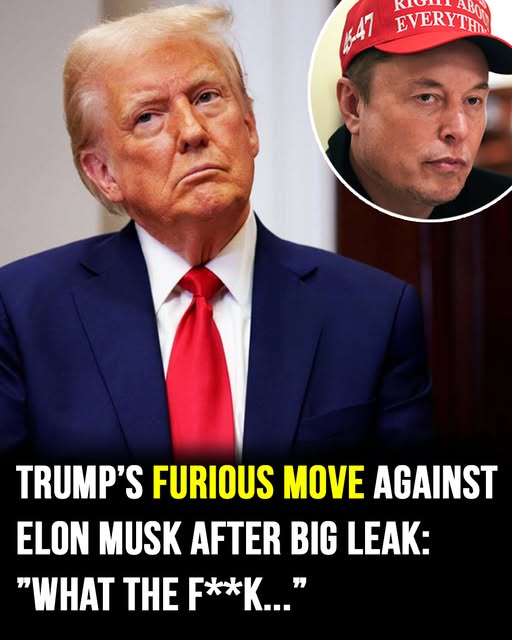 Deprecated: strip_tags(): Passing null to parameter #1 ($string) of type string is deprecated in /home/u180473161/domains/jesus.tf/public_html/wp-content/plugins/td-composer/legacy/Newspaper/loop.php on line 65
Deprecated: strip_tags(): Passing null to parameter #1 ($string) of type string is deprecated in /home/u180473161/domains/jesus.tf/public_html/wp-content/plugins/td-composer/legacy/Newspaper/loop.php on line 65
 Deprecated: strip_tags(): Passing null to parameter #1 ($string) of type string is deprecated in /home/u180473161/domains/jesus.tf/public_html/wp-content/plugins/td-composer/legacy/Newspaper/loop.php on line 65
Deprecated: strip_tags(): Passing null to parameter #1 ($string) of type string is deprecated in /home/u180473161/domains/jesus.tf/public_html/wp-content/plugins/td-composer/legacy/Newspaper/loop.php on line 65


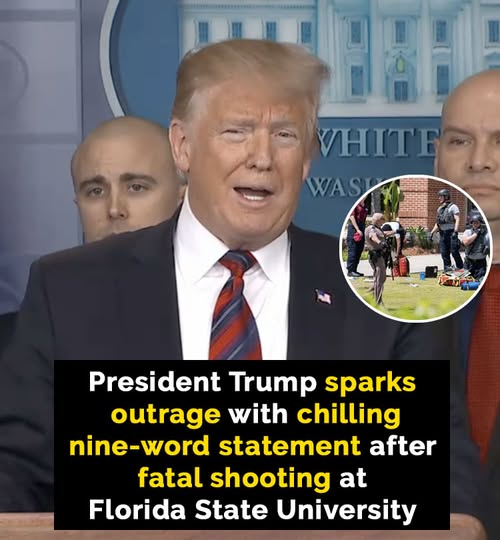 Deprecated: strip_tags(): Passing null to parameter #1 ($string) of type string is deprecated in /home/u180473161/domains/jesus.tf/public_html/wp-content/plugins/td-composer/legacy/Newspaper/loop.php on line 65
Deprecated: strip_tags(): Passing null to parameter #1 ($string) of type string is deprecated in /home/u180473161/domains/jesus.tf/public_html/wp-content/plugins/td-composer/legacy/Newspaper/loop.php on line 65 Deprecated: strip_tags(): Passing null to parameter #1 ($string) of type string is deprecated in /home/u180473161/domains/jesus.tf/public_html/wp-content/plugins/td-composer/legacy/Newspaper/loop.php on line 65
Deprecated: strip_tags(): Passing null to parameter #1 ($string) of type string is deprecated in /home/u180473161/domains/jesus.tf/public_html/wp-content/plugins/td-composer/legacy/Newspaper/loop.php on line 65






 Deprecated: strip_tags(): Passing null to parameter #1 ($string) of type string is deprecated in /home/u180473161/domains/jesus.tf/public_html/wp-content/plugins/td-composer/legacy/Newspaper/loop.php on line 65
Deprecated: strip_tags(): Passing null to parameter #1 ($string) of type string is deprecated in /home/u180473161/domains/jesus.tf/public_html/wp-content/plugins/td-composer/legacy/Newspaper/loop.php on line 65
 Deprecated: strip_tags(): Passing null to parameter #1 ($string) of type string is deprecated in /home/u180473161/domains/jesus.tf/public_html/wp-content/plugins/td-composer/legacy/Newspaper/loop.php on line 65
Deprecated: strip_tags(): Passing null to parameter #1 ($string) of type string is deprecated in /home/u180473161/domains/jesus.tf/public_html/wp-content/plugins/td-composer/legacy/Newspaper/loop.php on line 65



 Deprecated: strip_tags(): Passing null to parameter #1 ($string) of type string is deprecated in /home/u180473161/domains/jesus.tf/public_html/wp-content/plugins/td-composer/legacy/Newspaper/loop.php on line 65
Deprecated: strip_tags(): Passing null to parameter #1 ($string) of type string is deprecated in /home/u180473161/domains/jesus.tf/public_html/wp-content/plugins/td-composer/legacy/Newspaper/loop.php on line 65





 Deprecated: strip_tags(): Passing null to parameter #1 ($string) of type string is deprecated in /home/u180473161/domains/jesus.tf/public_html/wp-content/plugins/td-composer/legacy/Newspaper/loop.php on line 65
Deprecated: strip_tags(): Passing null to parameter #1 ($string) of type string is deprecated in /home/u180473161/domains/jesus.tf/public_html/wp-content/plugins/td-composer/legacy/Newspaper/loop.php on line 65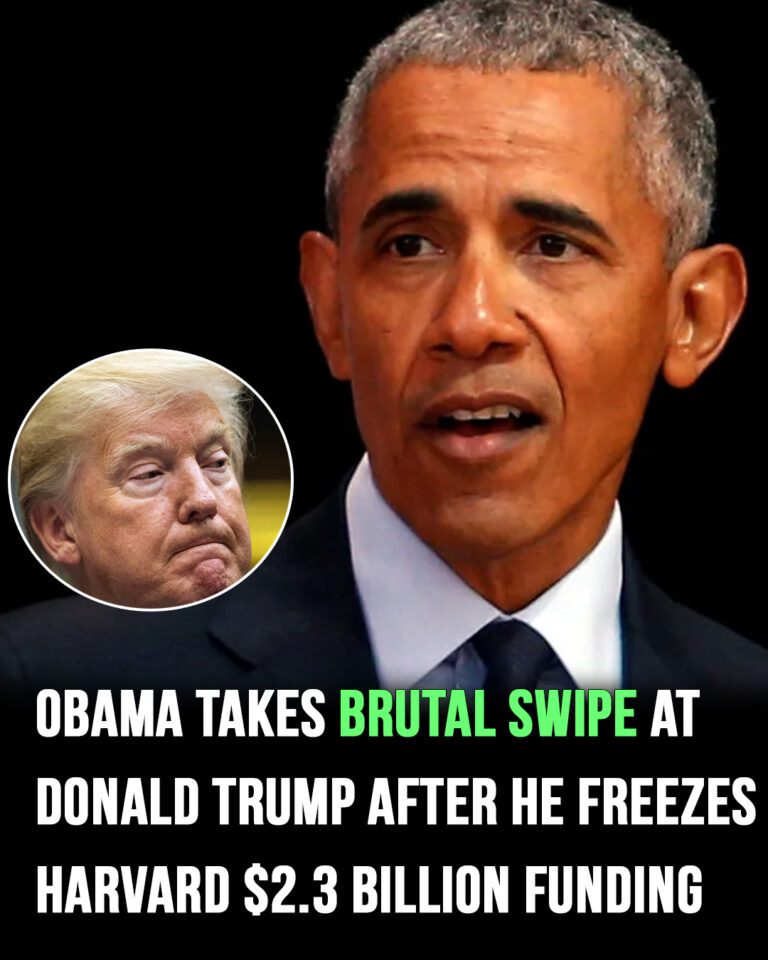 Deprecated: strip_tags(): Passing null to parameter #1 ($string) of type string is deprecated in /home/u180473161/domains/jesus.tf/public_html/wp-content/plugins/td-composer/legacy/Newspaper/loop.php on line 65
Deprecated: strip_tags(): Passing null to parameter #1 ($string) of type string is deprecated in /home/u180473161/domains/jesus.tf/public_html/wp-content/plugins/td-composer/legacy/Newspaper/loop.php on line 65


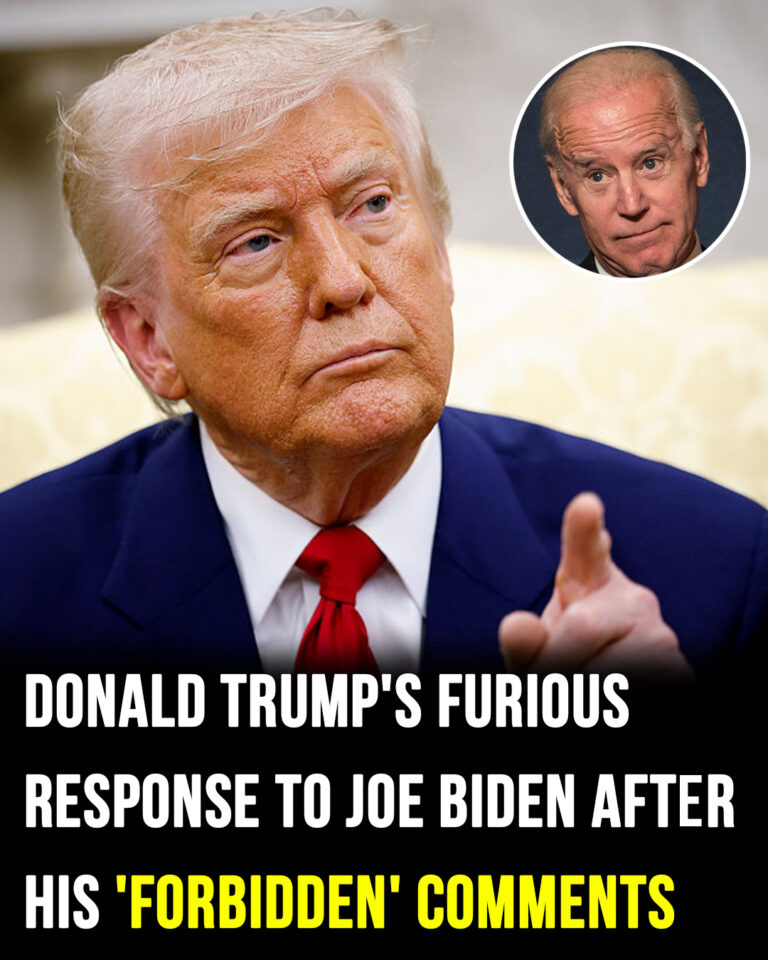 Deprecated: strip_tags(): Passing null to parameter #1 ($string) of type string is deprecated in /home/u180473161/domains/jesus.tf/public_html/wp-content/plugins/td-composer/legacy/Newspaper/loop.php on line 65
Deprecated: strip_tags(): Passing null to parameter #1 ($string) of type string is deprecated in /home/u180473161/domains/jesus.tf/public_html/wp-content/plugins/td-composer/legacy/Newspaper/loop.php on line 65
 Deprecated: strip_tags(): Passing null to parameter #1 ($string) of type string is deprecated in /home/u180473161/domains/jesus.tf/public_html/wp-content/plugins/td-composer/legacy/Newspaper/loop.php on line 65
Deprecated: strip_tags(): Passing null to parameter #1 ($string) of type string is deprecated in /home/u180473161/domains/jesus.tf/public_html/wp-content/plugins/td-composer/legacy/Newspaper/loop.php on line 65

 Deprecated: strip_tags(): Passing null to parameter #1 ($string) of type string is deprecated in /home/u180473161/domains/jesus.tf/public_html/wp-content/plugins/td-composer/legacy/Newspaper/loop.php on line 65
Deprecated: strip_tags(): Passing null to parameter #1 ($string) of type string is deprecated in /home/u180473161/domains/jesus.tf/public_html/wp-content/plugins/td-composer/legacy/Newspaper/loop.php on line 65


 Deprecated: strip_tags(): Passing null to parameter #1 ($string) of type string is deprecated in /home/u180473161/domains/jesus.tf/public_html/wp-content/plugins/td-composer/legacy/Newspaper/loop.php on line 65
Deprecated: strip_tags(): Passing null to parameter #1 ($string) of type string is deprecated in /home/u180473161/domains/jesus.tf/public_html/wp-content/plugins/td-composer/legacy/Newspaper/loop.php on line 65


 Deprecated: strip_tags(): Passing null to parameter #1 ($string) of type string is deprecated in /home/u180473161/domains/jesus.tf/public_html/wp-content/plugins/td-composer/legacy/Newspaper/loop.php on line 65
Deprecated: strip_tags(): Passing null to parameter #1 ($string) of type string is deprecated in /home/u180473161/domains/jesus.tf/public_html/wp-content/plugins/td-composer/legacy/Newspaper/loop.php on line 65


 Deprecated: strip_tags(): Passing null to parameter #1 ($string) of type string is deprecated in /home/u180473161/domains/jesus.tf/public_html/wp-content/plugins/td-composer/legacy/Newspaper/loop.php on line 65
Deprecated: strip_tags(): Passing null to parameter #1 ($string) of type string is deprecated in /home/u180473161/domains/jesus.tf/public_html/wp-content/plugins/td-composer/legacy/Newspaper/loop.php on line 65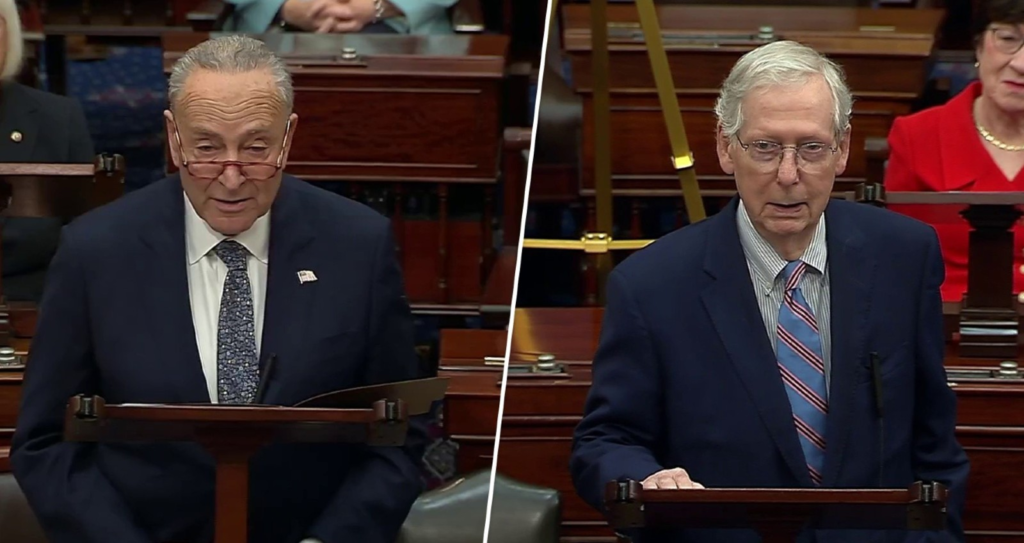
 Deprecated: strip_tags(): Passing null to parameter #1 ($string) of type string is deprecated in /home/u180473161/domains/jesus.tf/public_html/wp-content/plugins/td-composer/legacy/Newspaper/loop.php on line 65
Deprecated: strip_tags(): Passing null to parameter #1 ($string) of type string is deprecated in /home/u180473161/domains/jesus.tf/public_html/wp-content/plugins/td-composer/legacy/Newspaper/loop.php on line 65
 Deprecated: strip_tags(): Passing null to parameter #1 ($string) of type string is deprecated in /home/u180473161/domains/jesus.tf/public_html/wp-content/plugins/td-composer/legacy/Newspaper/loop.php on line 65
Deprecated: strip_tags(): Passing null to parameter #1 ($string) of type string is deprecated in /home/u180473161/domains/jesus.tf/public_html/wp-content/plugins/td-composer/legacy/Newspaper/loop.php on line 65 Deprecated: strip_tags(): Passing null to parameter #1 ($string) of type string is deprecated in /home/u180473161/domains/jesus.tf/public_html/wp-content/plugins/td-composer/legacy/Newspaper/loop.php on line 65
Deprecated: strip_tags(): Passing null to parameter #1 ($string) of type string is deprecated in /home/u180473161/domains/jesus.tf/public_html/wp-content/plugins/td-composer/legacy/Newspaper/loop.php on line 65

 Deprecated: strip_tags(): Passing null to parameter #1 ($string) of type string is deprecated in /home/u180473161/domains/jesus.tf/public_html/wp-content/plugins/td-composer/legacy/Newspaper/loop.php on line 65
Deprecated: strip_tags(): Passing null to parameter #1 ($string) of type string is deprecated in /home/u180473161/domains/jesus.tf/public_html/wp-content/plugins/td-composer/legacy/Newspaper/loop.php on line 65 Deprecated: strip_tags(): Passing null to parameter #1 ($string) of type string is deprecated in /home/u180473161/domains/jesus.tf/public_html/wp-content/plugins/td-composer/legacy/Newspaper/loop.php on line 65
Deprecated: strip_tags(): Passing null to parameter #1 ($string) of type string is deprecated in /home/u180473161/domains/jesus.tf/public_html/wp-content/plugins/td-composer/legacy/Newspaper/loop.php on line 65 Deprecated: strip_tags(): Passing null to parameter #1 ($string) of type string is deprecated in /home/u180473161/domains/jesus.tf/public_html/wp-content/plugins/td-composer/legacy/Newspaper/loop.php on line 65
Deprecated: strip_tags(): Passing null to parameter #1 ($string) of type string is deprecated in /home/u180473161/domains/jesus.tf/public_html/wp-content/plugins/td-composer/legacy/Newspaper/loop.php on line 65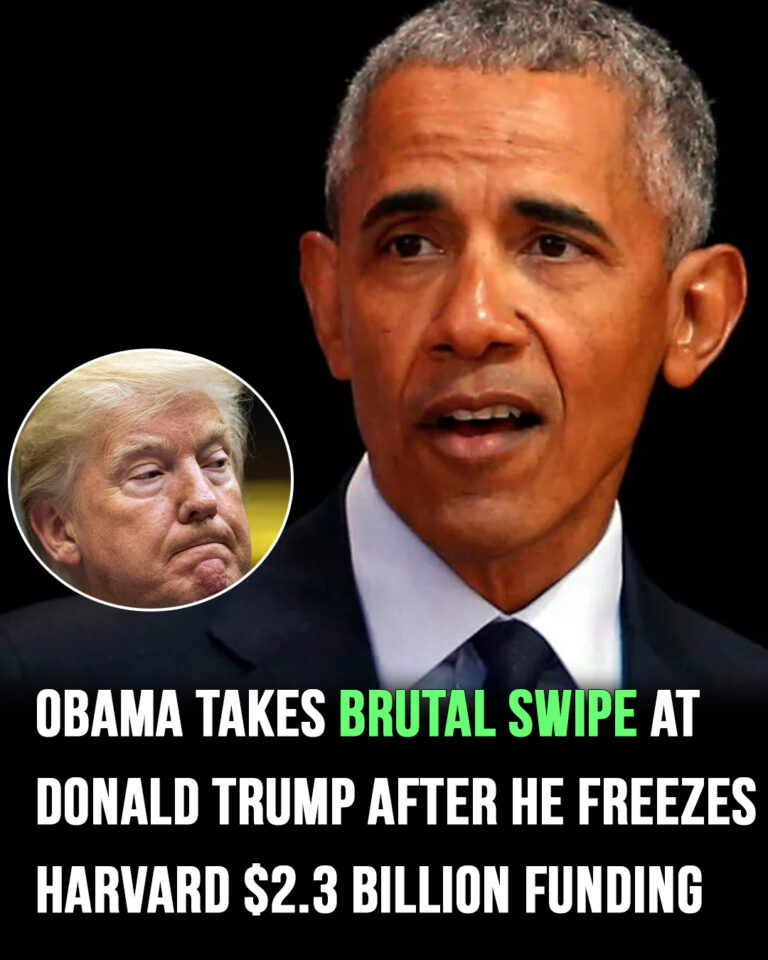 Deprecated: strip_tags(): Passing null to parameter #1 ($string) of type string is deprecated in /home/u180473161/domains/jesus.tf/public_html/wp-content/plugins/td-composer/legacy/Newspaper/loop.php on line 65
Deprecated: strip_tags(): Passing null to parameter #1 ($string) of type string is deprecated in /home/u180473161/domains/jesus.tf/public_html/wp-content/plugins/td-composer/legacy/Newspaper/loop.php on line 65 Deprecated: strip_tags(): Passing null to parameter #1 ($string) of type string is deprecated in /home/u180473161/domains/jesus.tf/public_html/wp-content/plugins/td-composer/legacy/Newspaper/loop.php on line 65
Deprecated: strip_tags(): Passing null to parameter #1 ($string) of type string is deprecated in /home/u180473161/domains/jesus.tf/public_html/wp-content/plugins/td-composer/legacy/Newspaper/loop.php on line 65

 Deprecated: strip_tags(): Passing null to parameter #1 ($string) of type string is deprecated in /home/u180473161/domains/jesus.tf/public_html/wp-content/plugins/td-composer/legacy/Newspaper/loop.php on line 65
Deprecated: strip_tags(): Passing null to parameter #1 ($string) of type string is deprecated in /home/u180473161/domains/jesus.tf/public_html/wp-content/plugins/td-composer/legacy/Newspaper/loop.php on line 65
 Deprecated: strip_tags(): Passing null to parameter #1 ($string) of type string is deprecated in /home/u180473161/domains/jesus.tf/public_html/wp-content/plugins/td-composer/legacy/Newspaper/loop.php on line 65
Deprecated: strip_tags(): Passing null to parameter #1 ($string) of type string is deprecated in /home/u180473161/domains/jesus.tf/public_html/wp-content/plugins/td-composer/legacy/Newspaper/loop.php on line 65
 Deprecated: strip_tags(): Passing null to parameter #1 ($string) of type string is deprecated in /home/u180473161/domains/jesus.tf/public_html/wp-content/plugins/td-composer/legacy/Newspaper/loop.php on line 65
Deprecated: strip_tags(): Passing null to parameter #1 ($string) of type string is deprecated in /home/u180473161/domains/jesus.tf/public_html/wp-content/plugins/td-composer/legacy/Newspaper/loop.php on line 65
 Deprecated: strip_tags(): Passing null to parameter #1 ($string) of type string is deprecated in /home/u180473161/domains/jesus.tf/public_html/wp-content/plugins/td-composer/legacy/Newspaper/loop.php on line 65
Deprecated: strip_tags(): Passing null to parameter #1 ($string) of type string is deprecated in /home/u180473161/domains/jesus.tf/public_html/wp-content/plugins/td-composer/legacy/Newspaper/loop.php on line 65
 Deprecated: strip_tags(): Passing null to parameter #1 ($string) of type string is deprecated in /home/u180473161/domains/jesus.tf/public_html/wp-content/plugins/td-composer/legacy/Newspaper/loop.php on line 65
Deprecated: strip_tags(): Passing null to parameter #1 ($string) of type string is deprecated in /home/u180473161/domains/jesus.tf/public_html/wp-content/plugins/td-composer/legacy/Newspaper/loop.php on line 65